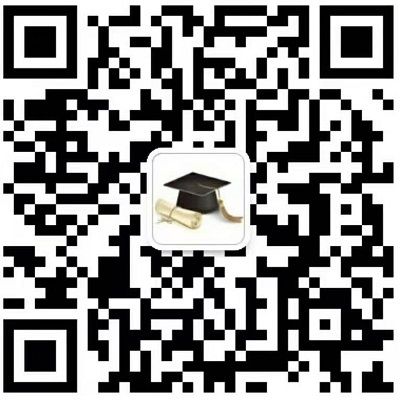注:本平臺(tái)為第三方資訊平臺(tái),不是院校官方,網(wǎng)站內(nèi)所有信息只做參考,并不代表院校官方,招生信息以官方最新信息為準(zhǔn),如果不知怎么找官方,可以咨詢?cè)诰€客服尋求幫助。
2019亞洲“水-能源-食物-土地”系統(tǒng)創(chuàng)新國(guó)際論壇(1號(hào)通知)
Emerging Issues and Priorities in Asia
The unique dynamic variability of the monsoon climate and a broad range of geophysical settings, interwoven with a diverse social culture, densely populated communities and disparate economies, makes Asia an ideal test bed to solve broad challenges for resource management in the 21st century. Its ecological and social systems are diverse and complex, and they have become deeply intertwined over the millennia. They impact billions of people, and they are vulnerable. Asia’s population, too, is growing rapidly, and millions of people are aggregating in large urban centers. These demographic trends impose new burdens at the nexus of food, land, energy and water (FLEW), and the underlying natural resource base—a base that is already under strain.
A surge in extreme climate events exacerbates this situation. Recent changes in the frequency, duration, magnitude, and spatial extent of these events carry profound implications for what is arguably the world’s most complex mosaic of social and ecological systems. The grand challenge is unmistakable: we must secure water, energy, food and land for Asia, even as the forces of change play out over the coming decades. This will require a broad, systems approach that is regional rather than constrained by national borders, that is integrative across the nexus rather than narrow and issue-specific, and that deals realistically with the impact of climate.
A significant step in achieving these goals was taken in November of 2017 when the NAU-MSU Asia Hub was established as a joint initiative of Nanjing Agricultural University, Michigan State University and a select group of partner institutions in Southeast Asia. The mission of the Asia Hub is to generate knowledge that leads to solutions to real world problems, especially those that threaten to disrupt the sustainability and resilience of Asia’s ecosystems.
The NAU-MSU Asia Hub Network creates opportunities for the best researchers from Nanjing Agricultural University, Michigan State University, and regional partner institutions to work together on cool science that matters. Our priority is FLEW—not as separate issues but as key components of a complex and dynamic system that is fundamental to everyone on the planet and that must be sustained. FLEW integrates biophysical factors such as soils and land with economic and social structures that drive decision making in the real world. The Asia Hub Network creates a “space” for a variety of disciplinary and global perspectives to intermingle and coalesce into novel concepts and ideas. That’s the cool science. But the Network also tethers these ideas to real world problems in interesting places. That’s the part that matters.
Meeting Objectives
1. Learn about the latest challenges and funding priorities for FLEW in Asia.
2. Review innovative approaches and discoveries from the 16 projects that were funded previously.
3. Discuss top research priorities for the future of the Asia Hub
4. Develop a priority FLEW research agenda for Asia
5. To develop a framework to link FLEW Science to Policy
Preliminary Meeting Agenda
May 22, arrival and registration
May 23, morning
Opening Ceremony(Introduction of partners, signing of Memoranda of Understanding;Announcement of a new Nexus journal, and photos) and Keynote Speeches
May 23, afternoon:Research Priorities
Keynote Speeches from MAIRS-FE and NEXUS KAN;
Research capacity and priorities of regional partners: Central Asia, South Asia, Southeast Asia, East Asia;
May 24, morning: Asia Hub Initiatives and Progress
Status of the NAU-MSU Asia Hub Network and vision for the future;
Status reports of ongoing projects I.
Status reports of ongoing projects II.
May 24, afternoon
Panel I. FLEW research needs and priorities in Asia.
Panel II. What we have learned and where we are going
May 25, Post Meeting Workshop (with regional partners) by invitation only
Morning: Introduction, projects updates, future activities
Afternoon: Proposal development and joint publications
Hotel Reservation
Name: Jiangsu Conference Center (江蘇省會(huì)議中心鐘山賓館)
Address: NO.307 East Zhongshan Road, Nanjing 21006, China
Tel: 400-8800307,86(25)84818888
Single/Double room: 440 RMB per night.
If you need to make a reservation, please write your request on the registration form.
免責(zé)聲明:本站所提供的內(nèi)容均來(lái)源于網(wǎng)友提供或網(wǎng)絡(luò)搜集,由本站編輯整理,僅供個(gè)人研究、交流學(xué)習(xí)使用,不涉及商業(yè)盈利目的。如涉及版權(quán)問(wèn)題,請(qǐng)聯(lián)系本站管理員予以更改或刪除。
想咨詢的同學(xué)請(qǐng)掃描二維碼添加好友
